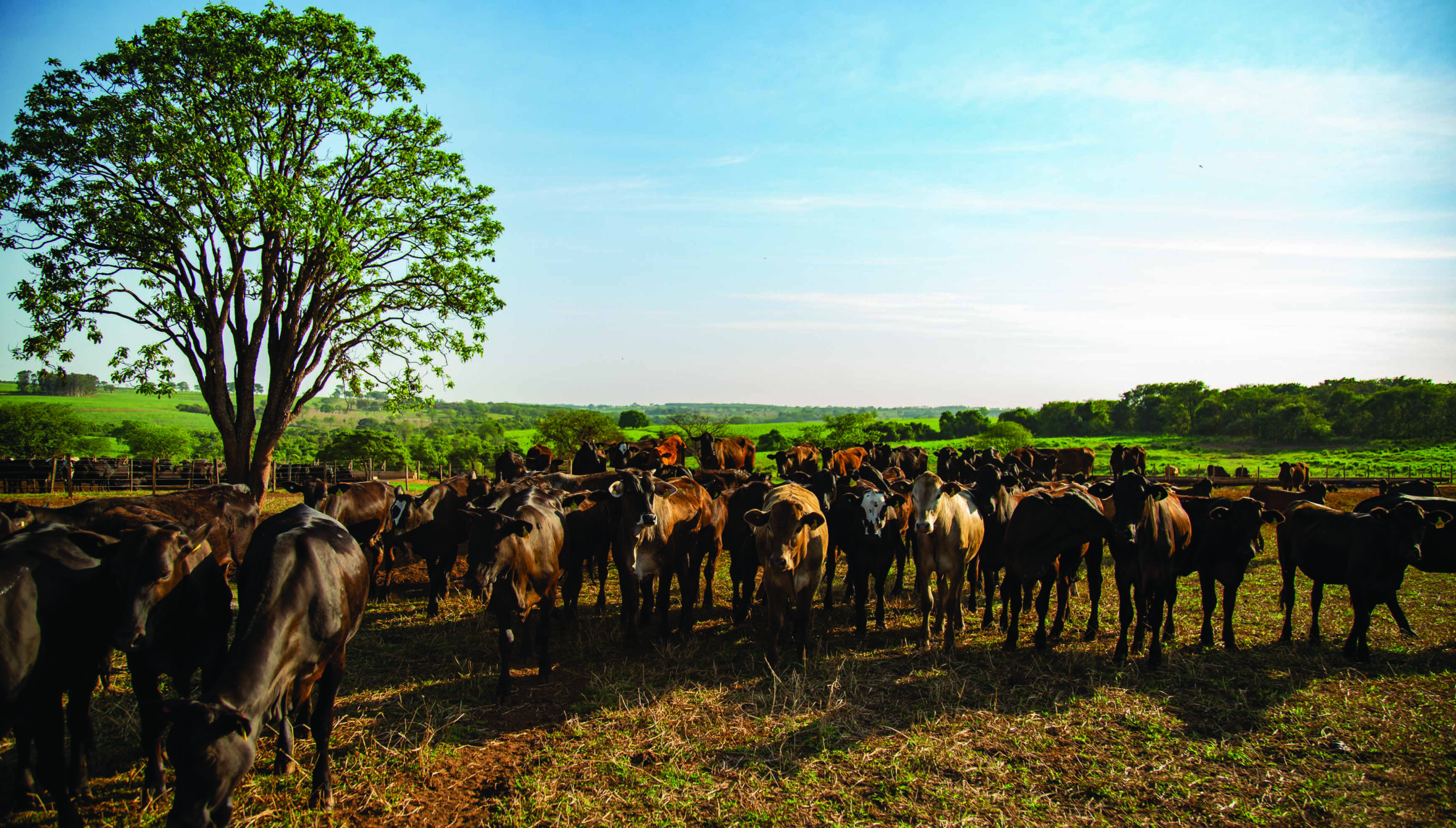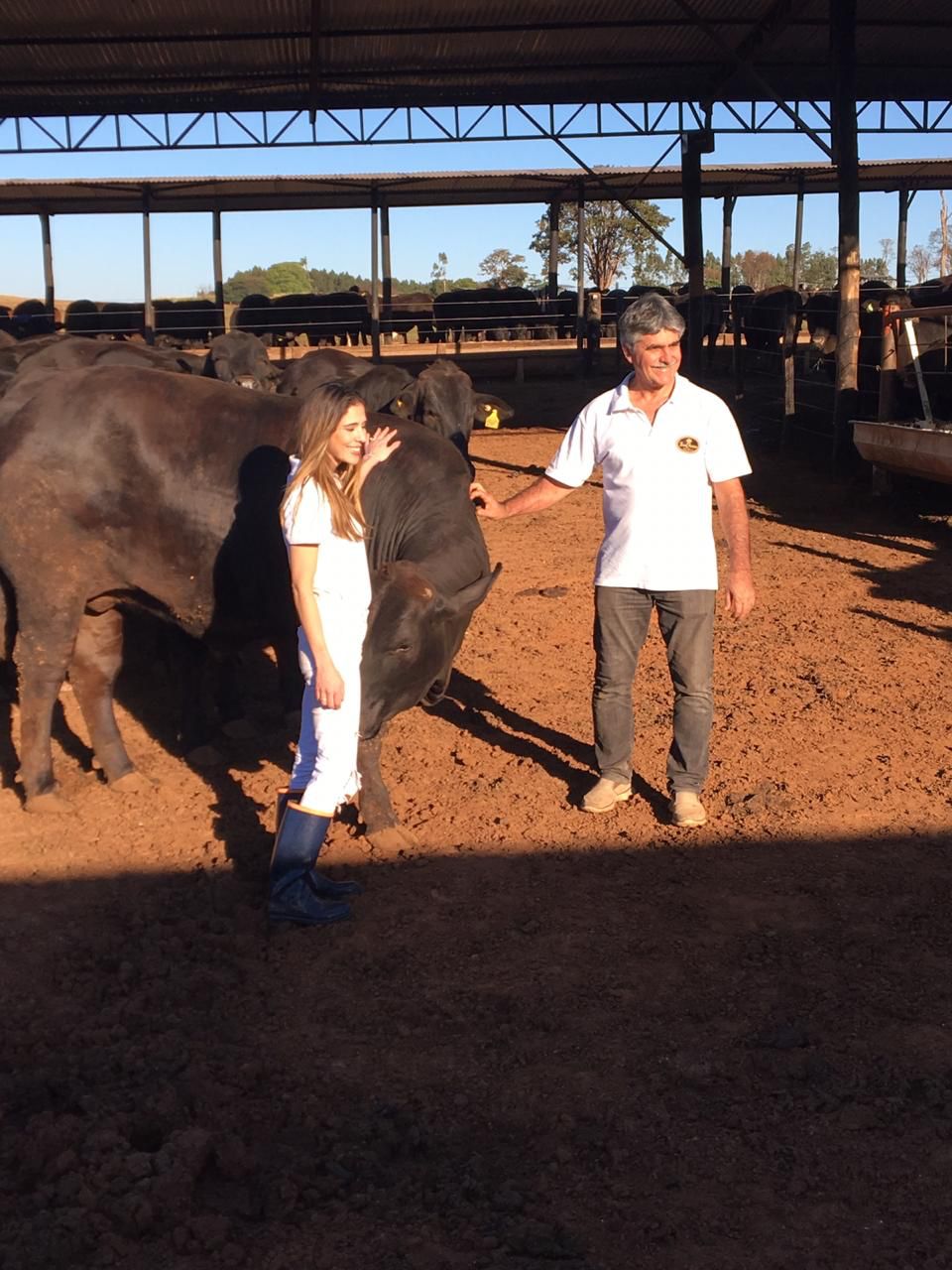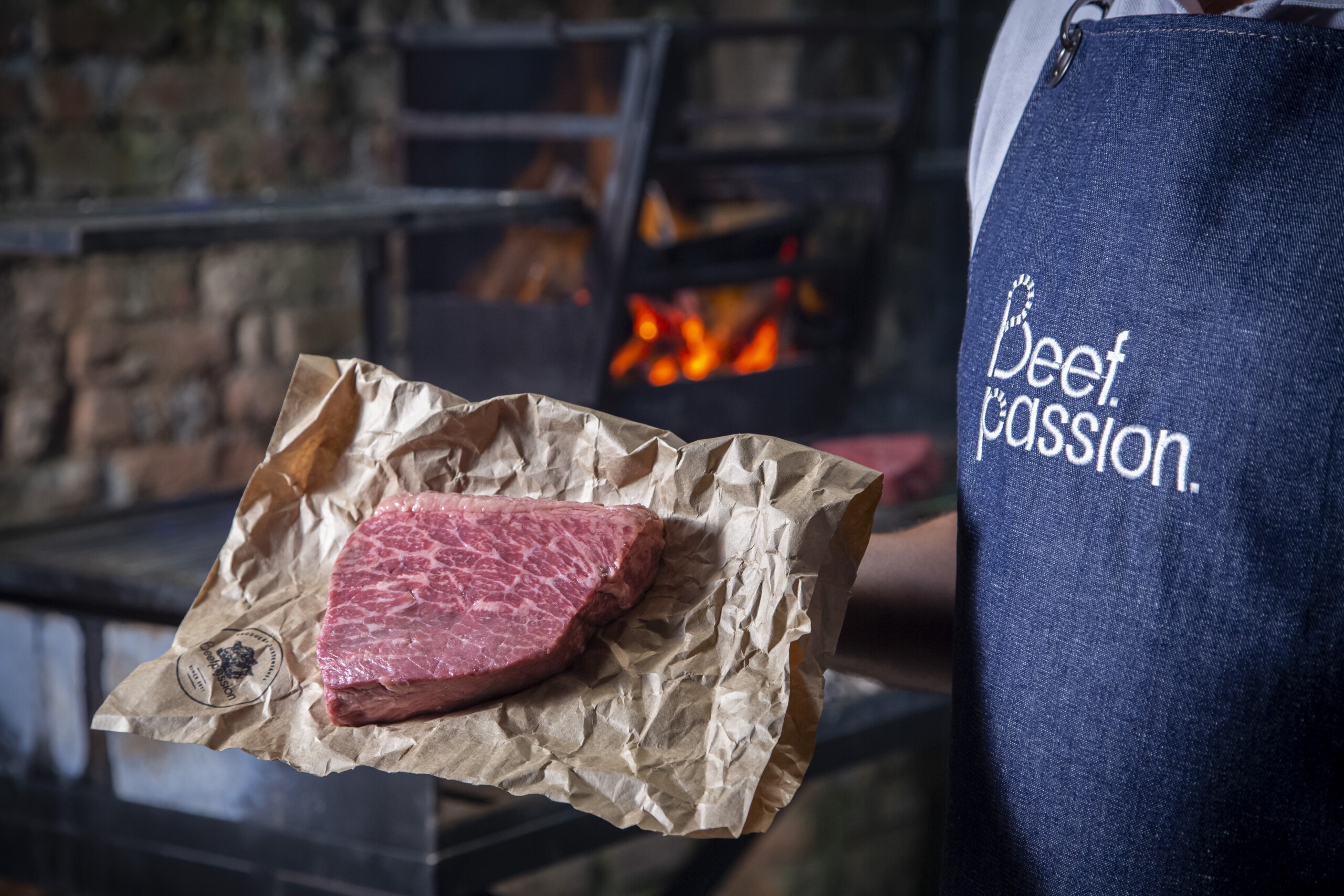Year after year, Brazilian agriculture sees an increase in the participation of women, whether as specialists, producers, or entrepreneurs. The success story of Amália Sechis is not only inspiring but also evidence that women’s participation in the field is a positive addition. Amália is a founding partner of Beef Passion, a producer of Angus and Wagyu beef which is 100% sustainable and internationally certified.
Currently, Amália faces the challenge of changing the way beef is consumed. “We work with portioned cuts and ones that are different from what Brazilians are used to. Some cuts are completely new,” she explains. Founded in 2011, the company has won several awards and has been internationally certified by the Rainforest Alliance, which attests to sustainable practices throughout the production chain. “Women can see details with a sensitivity of their own. These details can change how things are done,” says Amália.
Before starting the business, she had to convince her father, producer Antônio Sechis, that she was on the right path. “Beef Passion started when I noticed the different ways my father raised cattle and produced beef, with care and studied criteria. My idea was to expand on that and turn it into a business,” she explains.

After much discussion and har work, the project became a reference in beef quality research with institutions such as the São Paulo State University (UNESP) and the Brazilian Agricultural Research Corporation (EMBRAPA). Beef Passion’s cattle raising and management, which includes even music in the confined environment, is a reference in animal welfare.
One of the techniques implemented on the farm is the “nothing in hands” management. The concept, created by veterinarian Paulo Loureiro and disseminated by rancher and veterinarian Adriane Zart, aims to use the handler’s body language to communicate with cattle.
The idea is simple: instead of forcing the animals through the facilities, for instance, the goal is to guide them to make the intended movement on their own. This technique seeks to restore the relationship of trust between humans and cattle, using the natural instincts of the animals in favor of the handlers.
 The largest confinement area is covered, as well as all the feeding troughs and water troughs. There is plenty of space and shade for the herd to move and rest. The feed dispensed to the cattle is also a different and specific one: the ration has a high energy concentration and was developed by Beef Passion itself, based on nutritional studies conducted with UNESP. “With this differentiated feeding, we reduce the production of hydrogen by the animals’ digestive tract and consequently decrease the formation and emission of methane gas,” explains Amália.
The largest confinement area is covered, as well as all the feeding troughs and water troughs. There is plenty of space and shade for the herd to move and rest. The feed dispensed to the cattle is also a different and specific one: the ration has a high energy concentration and was developed by Beef Passion itself, based on nutritional studies conducted with UNESP. “With this differentiated feeding, we reduce the production of hydrogen by the animals’ digestive tract and consequently decrease the formation and emission of methane gas,” explains Amália.
So much research results in a unique product, sold in several Brazilian states in emporiums and high gastronomy restaurants. The business is starting to expand, with some negotiations underway with European and Middle Eastern countries.
Career challenges
Over ten years, Amália shared responsibility with her father and siblings, but three years ago, she took full control of the company. “It was a struggle to convince everyone, especially my father, that it was possible to invest in a new business. But always with his support, he taught me to believe and fight for my goals,” she explains.
She says she had a lot of support from her family and positive training, which is important to encourage women to choose their professional path. “The family example is essential. Even today, I find myself in situations where I am the only woman present in a meeting, and the confidence I have is due to my family and models of women who came before me.”
 For her, the female perspective is an integral part of the Beef Passion concept. “Women have the power to break barriers, to invest in innovation, concerned with health and well-being,” she explains. One of the company’s main concerns is beef’s nutritional aspects, something she also attributes to the female perspective.
For her, the female perspective is an integral part of the Beef Passion concept. “Women have the power to break barriers, to invest in innovation, concerned with health and well-being,” she explains. One of the company’s main concerns is beef’s nutritional aspects, something she also attributes to the female perspective.
Studies conducted by UNESP have concluded that the beef produced by Beef Passion is made up of 70% unsaturated fat. “We are now at a point of further studies to understand the nutritional potential of our beef and develop new products, such as bone broth, for instance,” she explains.
Regarding entrepreneurship, Amália says she believes that knowledge is crucial to the success of an entrepreneur, always with a clear goal and plenty of resolve. “In my opinion, resolve is one of the most significant factors today if you want to undertake an activity in a positive and sustainable way. Because you will have your ups and downs, but if you are resolute and have a goal, everything can be easier,” she concludes.